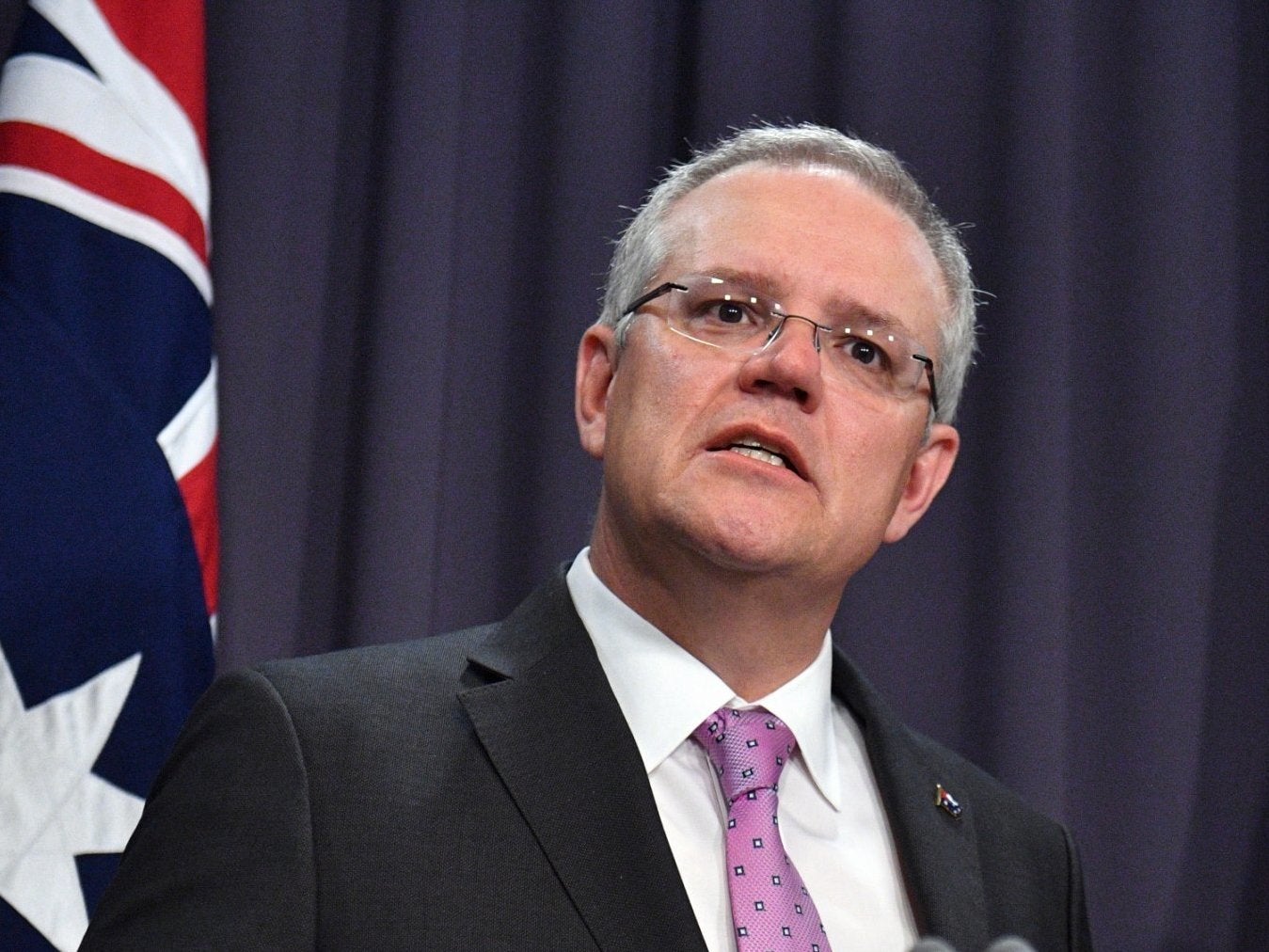Why Australia’s ailing economic situation is best understood through a Marxist lens
Australian owners of capital have, against some opposition, organised to institutionally secure a greater difference between the value of what workers produce and the pay they receive

The big challenge in Australia right now is to tell a story to millions of workers that explains why their material standards of living are, like those of British workers, going nowhere or backwards in real terms while corporate profits have surged.
The stories being told by Australia’s major political parties are unpersuasive in this context. A more convincing story is to be found in the economics of Karl Marx.
Bill Shorten’s opposition Labor Party is telling a story of inclusive economic growth where inclusive means moderately fairer tax outcomes.
It argues the wealthy should pay their “fair share” of tax, and that investors buying their seventh property while young people cannot break into the housing market is unfair.
Most Australians do not care if some individuals or businesses make a lot of money or own lots of properties.
Australians care when financial institutions steal from their customers, they care when politicians are dishonest, they care when politicians remove leaders they feel they voted for, and they care when “queue-jumping” asylum seekers appear to get preferential treatment.
These concerns took off politically because social procedures were playing out in ways that offended peoples’ basic sense of what is right and wrong.
Labor appears likely to win the upcoming federal election not because of its plans to reduce economic inequality, but mostly because of the incumbent Liberal Party’s state of disarray.
The Liberal Party story champions economic growth as a way to make everybody better off overall and appeals to an idea of fairness that, to quote freshly installed Prime Minister Scott Morrison, is “not about everybody getting the same thing. If you put in, you get to take out.”
Economic growth was never convincing as a central focus of any story. It is hard to translate GDP growth into everyday experience, despite the obsessive reporting by media outlets.
The central economic insight of Marx contends that the Liberal Party view of fairness is violated by private enterprise on a daily basis. Namely, the large group of people in societies like Australia who must (as a group) sell their capacity to work to the relatively small group of people who own most of the productive assets are paid less than they produce.
Many of us already get that a capital owner will usually pay a worker $30 for an hour of work only if she produces more than $30 worth in that hour. If the worker produces $60 worth, the $30 difference is taken by the owner.
The following numbers give you a rough idea of the price Australian workers are paying to maintain this arrangement. Around 80 cents in every dollar of value added in the Australian mining industry as a whole in 2018 was taken by owners of capital for their consumption. They took 45 cents in construction, 39 cents in manufacturing, and 33 cents in the retail trade sector.
Australian owners of capital and their political supporters have also, against some opposition, mostly successfully organised to institutionally secure a greater difference between the value of what workers produce and the pay they receive.
Notable victories include the legislative prohibition of industry-wide bargaining and strikes, and the elimination of the Rudd Labor government’s mining super profits tax.
Both the Labor and Liberal stories rest on the same basic economic understandings. Those understandings hold that the wealth and income we have is the result of individual choices.
Centrist economic stories have reached a dead end in many advanced countries because this conclusion no longer fits with the lived experience of growing numbers of people.
The more persuasive and accessible narrative says that the lifters inside businesses are structurally getting back less than they put in – and this is wrong.
Chad Satterlee is a political economist based in Western Australia

Join our commenting forum
Join thought-provoking conversations, follow other Independent readers and see their replies